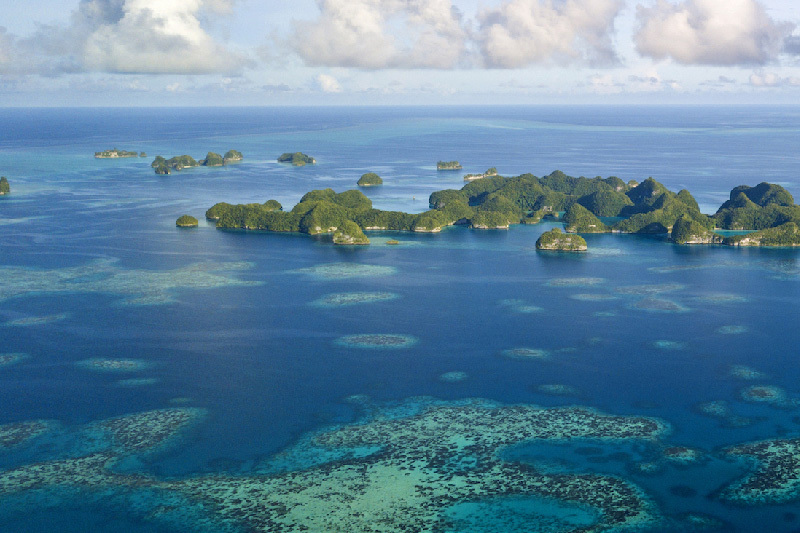
Pacific Islands Forum: Understanding Region’s Most Important Political Gathering
The leaders of Pacific nations have gathered in Rarotonga, Cook Islands, for the most closely watched political meeting on the regional calendar.
The 52nd Pacific Islands Forum Meeting is being held from November 6-10, with leaders of New Zealand, Vanuatu, Solomon Islands and Papua New Guinea sitting out this year’s event.
Their absence could weaken the prospects of progress on some issues. Here is an overview of the Pacific Islands Forum, or Pif, and why it matters.
Region’s Top Political Decision-Making Body
The Pif encompasses 18 members, with Australia and New Zealand the largest economies, and the remaining drawn from Micronesia, Melanesia and Polynesia.
The forum is the region’s top political decision-making body, backed by a secretariat based in Fiji. This year’s meeting is being chaired by Mark Brown, the Prime Minister of Cook Islands.
The Pif also includes an outer circle known as “Forum Dialogue Partners”, which includes countries such as China, the United States and the United Kingdom.
Keep Reading
2023 Forum Meeting To Address Key Issues
This year, discussions are likely to be dominated by the climate crisis ahead of the COP28 summit in Dubai and increasing geostrategic competition, including the rise of China.
A divergence of opinion could be expected over deep sea mining. This has been simmering for some time and may come to a head given Brown’s support for it.
Australia will use the meeting to push for Pacific support for its bid to host the COP31 climate conference in 2026. Although it is largely a done deal, a few hiccups remain down the path.
Exploring Background Of Pacific Islands Forum
The Pif was created in 1971 by the leaders of newly independent countries in the Pacific who were frustrated with the South Pacific Commission of the time.
They were in the room when decisions about their region were made, but those decisions were in the hands of colonial powers including France and the United Kingdom.
A number of important issues such as ending nuclear testing did not get on the agenda. Therefore Pacific leaders created their own organisation where they were in charge.




